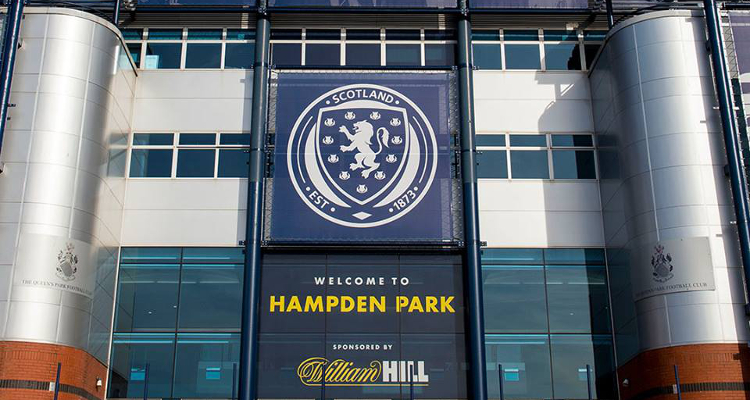In the United Kingdom, a new investigation from the British Broadcasting Corporation (BBC) has reportedly found that sportsbetting advertising is now ever-present during the broadcast of live soccer games on television.
The broadcaster revealed that the examination conducted by its Victoria Derbyshire program had looked at 25 matches involving British teams shown over the previous twelve months on ITV, Sky Sport and BT Sport and found that some 95% had contained commercials for sportsbetting.
Of the 1,324 commercials and sponsorship indents broadcast throughout the entirety of the studied games, the BBC explained that 272 had been for sportsbetting. On average, it reported that one out of every five of the advertisements broadcast had been for a betting firm with this ratio often rising to as high as one in three.
The broadcaster declared that this proportion was even more pronounced for last October’s men’s national team match between the Scotland and Slovakia, which saw 37% of its advertisements contain betting-related messages from eight distinct providers. This trend furthermore continued into 2017 as the September 28 UEFA Europa League group stage contest involving Everton and Apollon Limassol saw 40% of its adverts and sponsorship indents relate to sportsbetting.
The government is now reportedly said to be considering whether to impose new restrictions while Matt Zarb-Cousin from the Campaign for Fairer Gambling told the BBC that he was ‘concerned’ about the impact these advertisements could have on ‘children and young people’ due to the ‘pre-watershed exemption for live sporting events’.
“The government has an opportunity to address this in the forthcoming review,” Zarb-Cousin reportedly told the broadcaster.
The BBC reported that Australia and Belgium recently banned all gambling advertisements during the pre-watershed broadcast of live sporting events while last month saw the Local Government Association call for tougher restrictions in the United Kingdom. The group purportedly explained that it was worried about whether the volume of such commercials in British sport was undermining government efforts to reduce problem gambling. It moreover supposedly stated that these games were being viewed by millions of people including children before highlighting the fact that half of Premier League and second-tier Championship clubs now feature shirt sponsorship from betting providers.
In response, Clive Hawkswood, Chief Executive Officer for the Remote Gambling Association trade group, reportedly told the broadcaster that evidence on the impact of the advertisements was ‘far from conclusive’ and that gambling had now become ‘normalized in this society’.
“If you look at why, it was probably the introduction of the National Lottery [as] it changed the perception,” Hawkswood reportedly told the BBC.



